The varying colors of spices complement the easel that comes with Fall. The subtle yet deep aroma adds to the smell of golden leaves, dew, and pine. Spices provide a delightful contrast to the scenery and the cool temperature. So make the best use of Fall and try these spices — common and uncommon — in interesting new ways:
Ras al Hanout
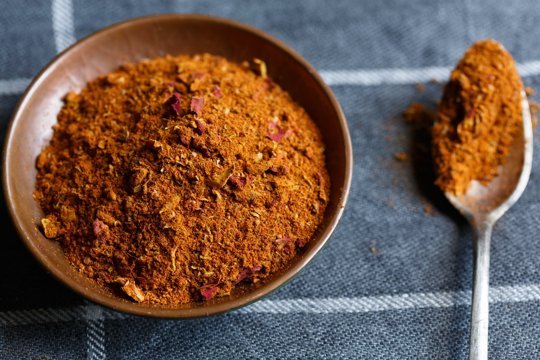
Photo courtesy of thekitchn.com
This Middle Eastern spice is a combination of many spices ground and lightly roasted together. The fun thing about Ras al Hanout is that you can get creative: grab the closest spices to you, roast them over very low flame for extra flavor, and powder them together.
Urfa
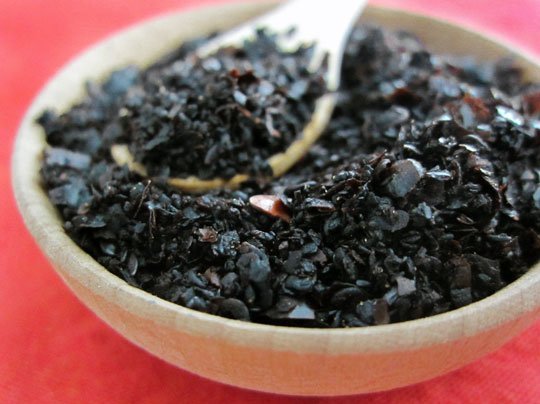
Photo courtesy of thekitchn.com
This uncommon Turkish spice is much more flavorful than your ordinary pepper and chili powder — lending a fruity tea-like taste at the back of your tongue and leaving you not with not just a mild spiciness, but a nice warmth as well.
Turmeric
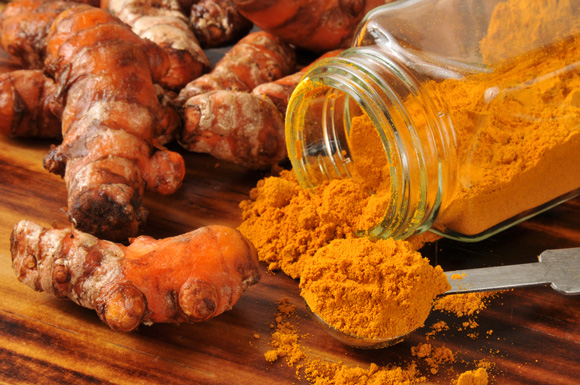
Photo courtesy of authoritynutrition.com
Commonly used in India, turmeric has a mild musky flavor and adds substance and a beautiful ocher color to any curry you’re cooking. Add a tablespoon to a cup of warm milk to boost your immunity (yuck, but effective), rub turmeric paste on wounds for quicker healing, or add some to your regular face mask for more radiant skin.
Cloves
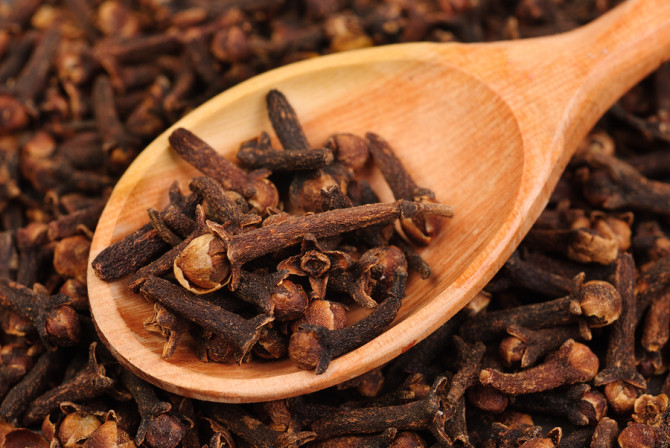
Photo courtesy of draxe.com
Don’t just stick these little pods into your turkey. Add ground cloves to flavor your tea or chew them for removing bad breath. Clove oil is also effective in reducing gum pain: simply apply some with your finger on the tender spot.
Ginger
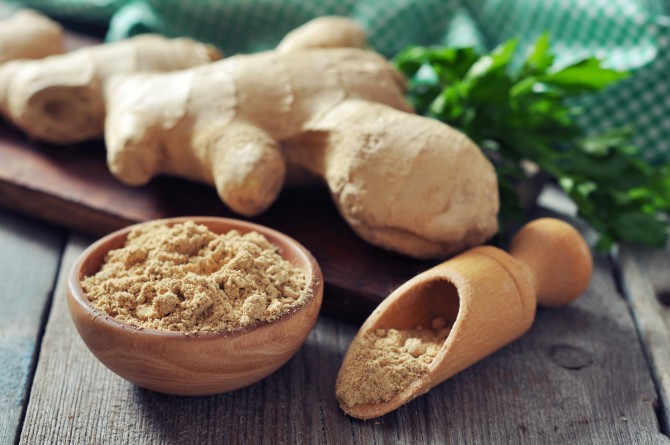
Photo courtesy of omgfacts.com
Ginger is a common spice to sharpen flavor, but you can also add it to tea for a distinctive taste, or dip some sliced or chopped ginger into liquid clarified butter to give an umami-like flavor to it. This combination is very good for warming you up and providing relief if you’re suffering from a cold.
The key is to taste all spices before buying. Cleanse your palette with regular bread or rice and don’t be hesitant to talk to the store manager if you’re unsure about which spices you should use.
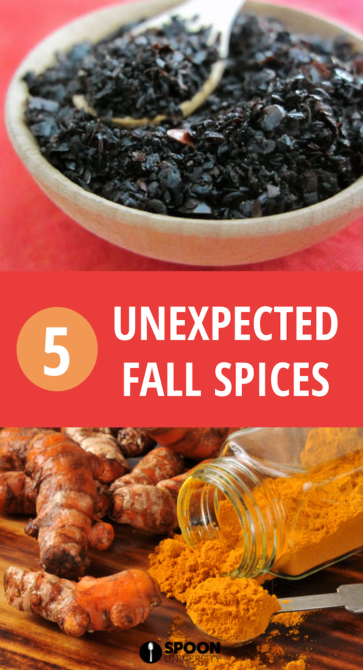
Graphic by Spoon University

